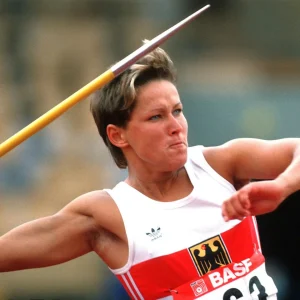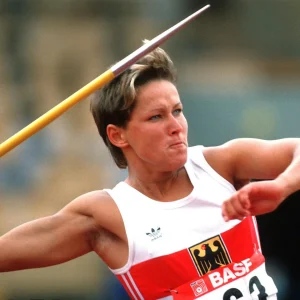East v West – Germany’s drug-fuelled Cold War for medals
1 min readEast v West - Germany's drug-fuelled Cold War for medals
In the midst of the Cold War, East and West Germany engaged in a fierce competition for athletic...

East v West – Germany’s drug-fuelled Cold War for medals
In the midst of the Cold War, East and West Germany engaged in a fierce competition for athletic supremacy, with both sides resorting to drug-fuelled tactics to gain an edge.
East Germany, in particular, was notorious for its state-sponsored doping program, which involved administering performance-enhancing drugs to its athletes without their knowledge or consent.
Meanwhile, West Germany also dabbled in doping, although to a lesser extent than their eastern counterparts.
This drug-fuelled arms race led to a surge in athletic success for both Germanys, with their athletes dominating international competitions and setting numerous world records.
However, the long-term health consequences of these doping practices soon became apparent, with many former East German athletes suffering from serious health issues as a result of their exposure to performance-enhancing drugs.
The doping scandal eventually came to light in the 1990s, leading to widespread condemnation of both East and West Germany for their unethical and dangerous practices.
Despite the tarnished legacy of their athletic achievements, the rivalry between East and West Germany remains a fascinating chapter in the history of sports.
As we reflect on this dark period in German athletic history, it serves as a sobering reminder of the lengths to which some are willing to go in the pursuit of victory.
Ultimately, the quest for medals should never come at the expense of the athletes’ health and well-being.





